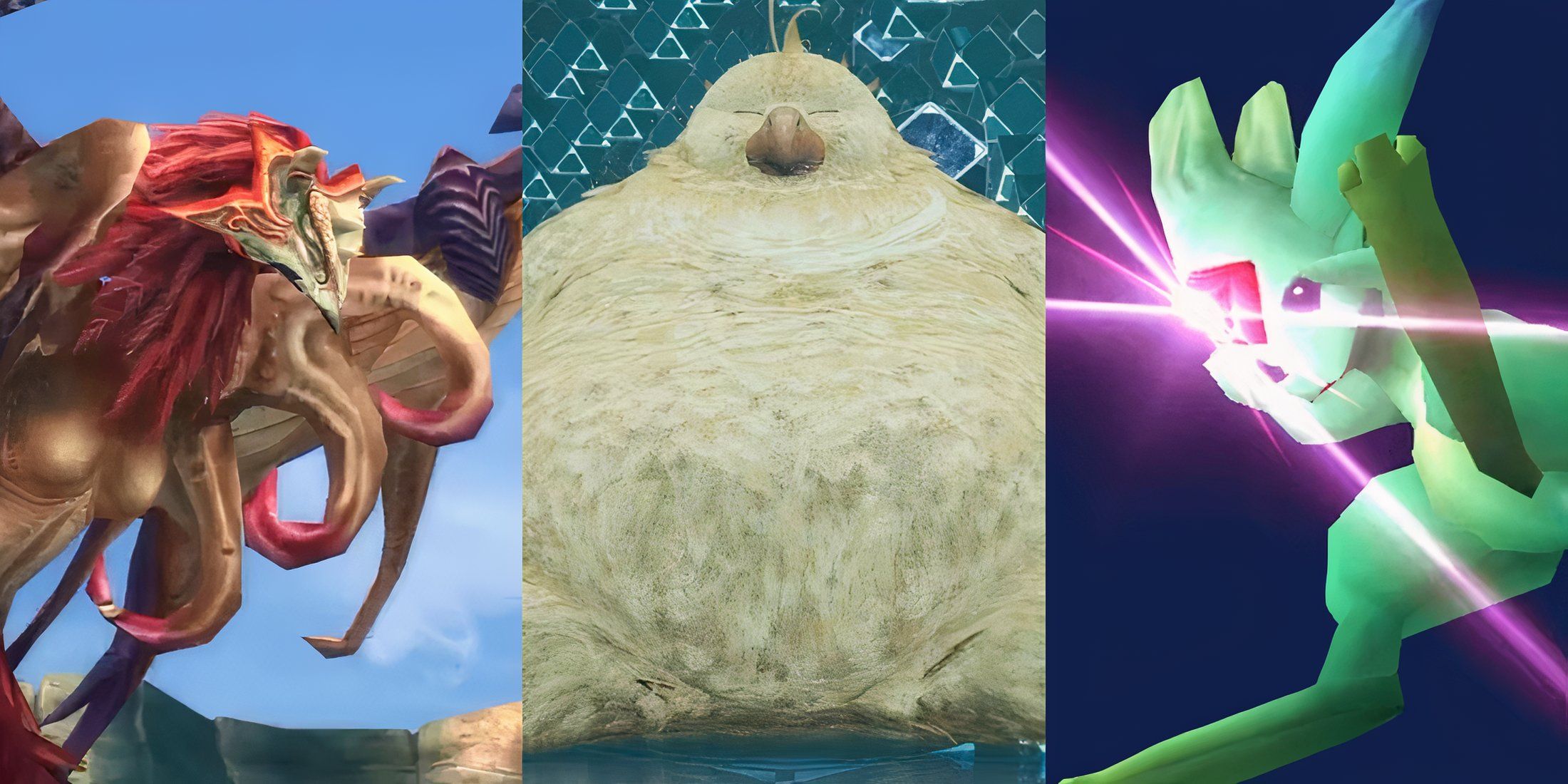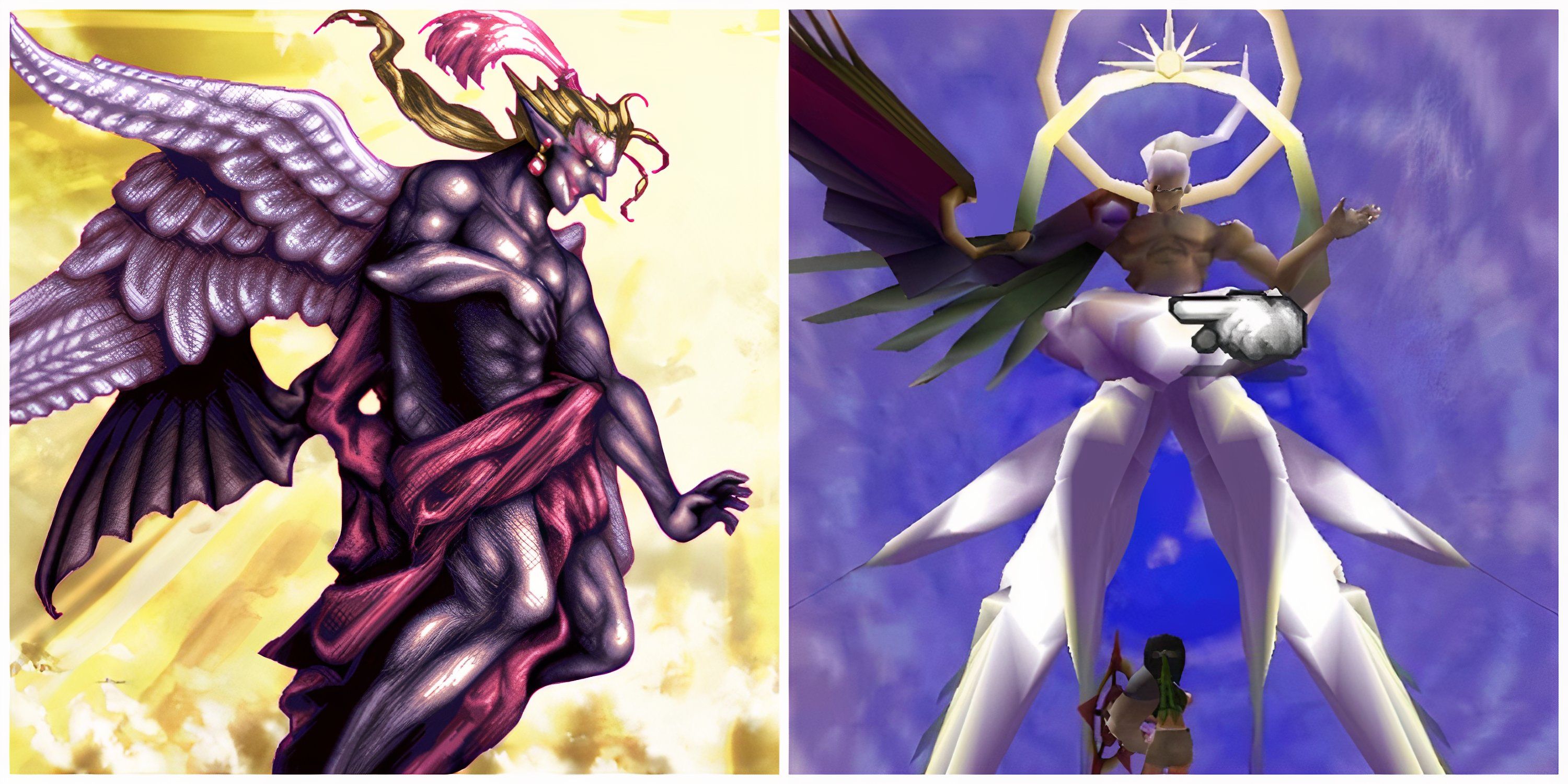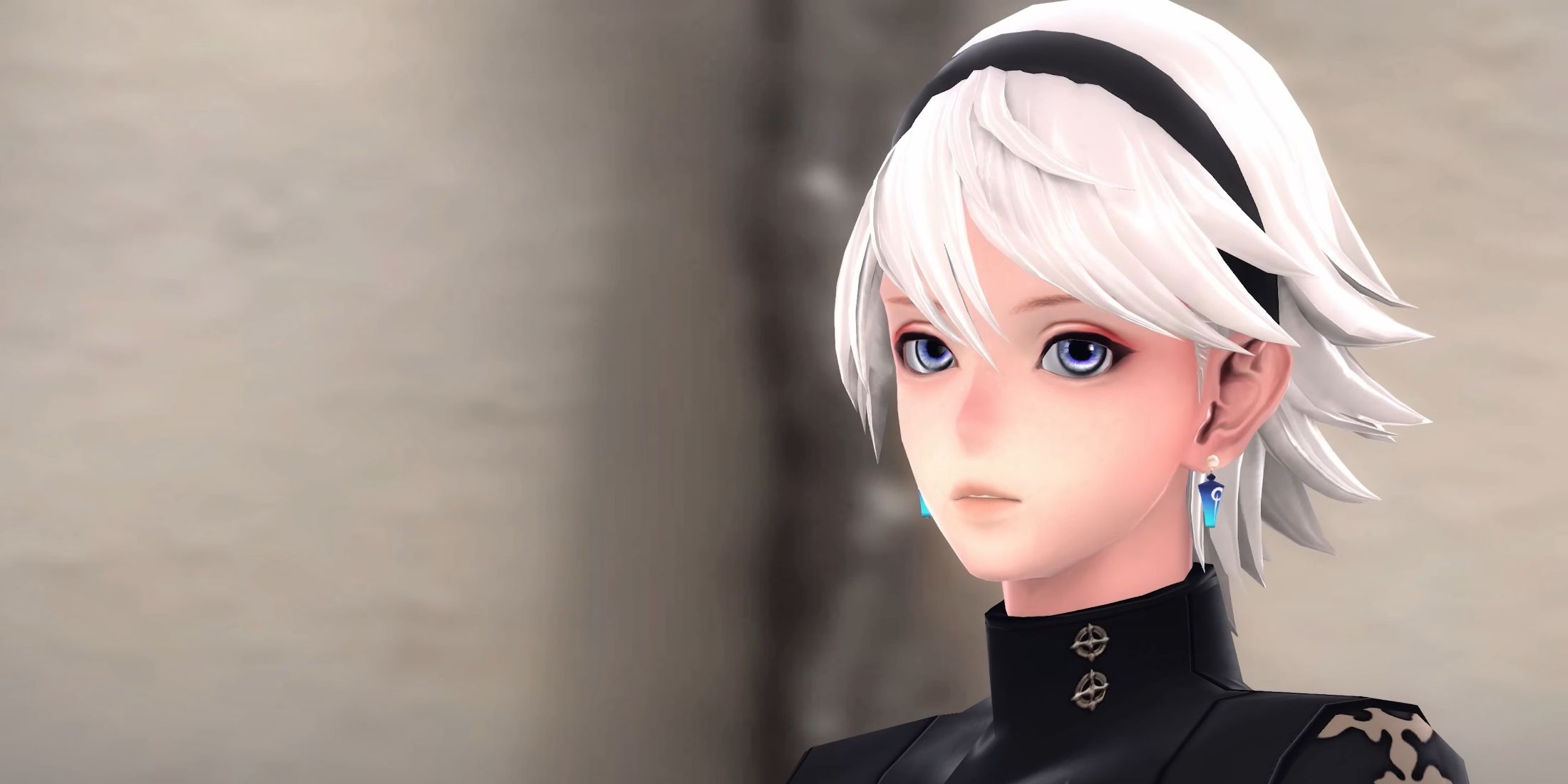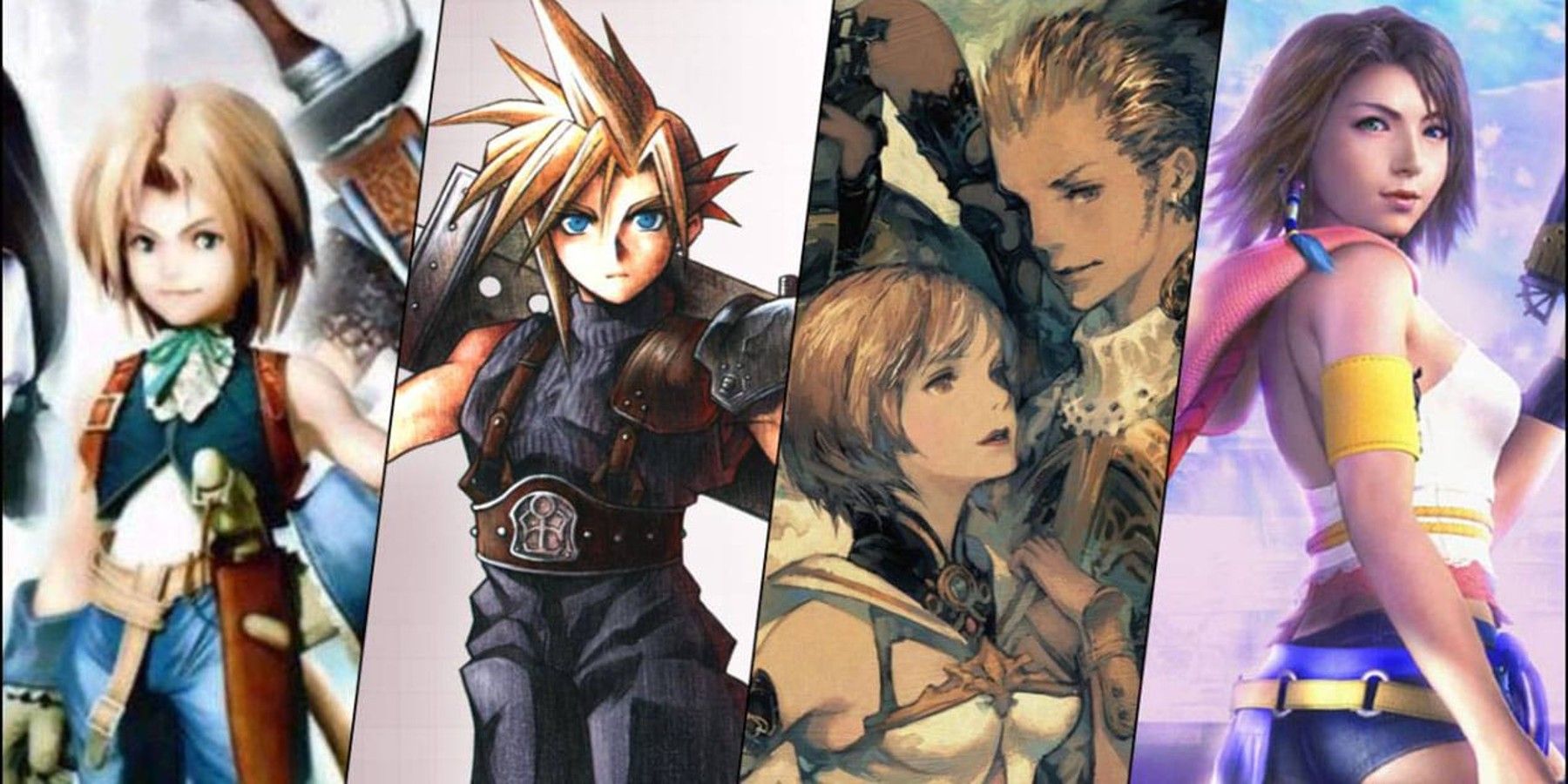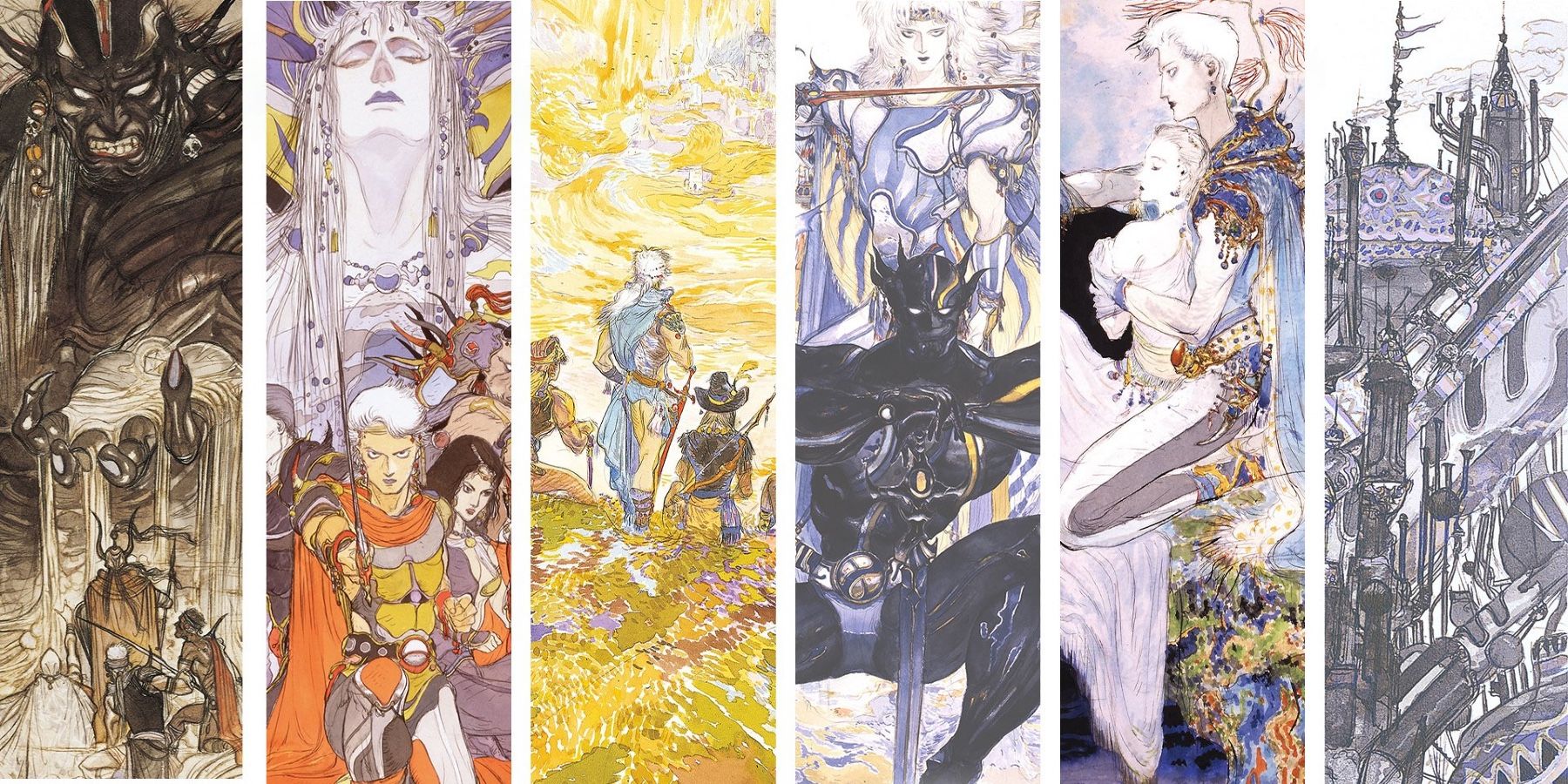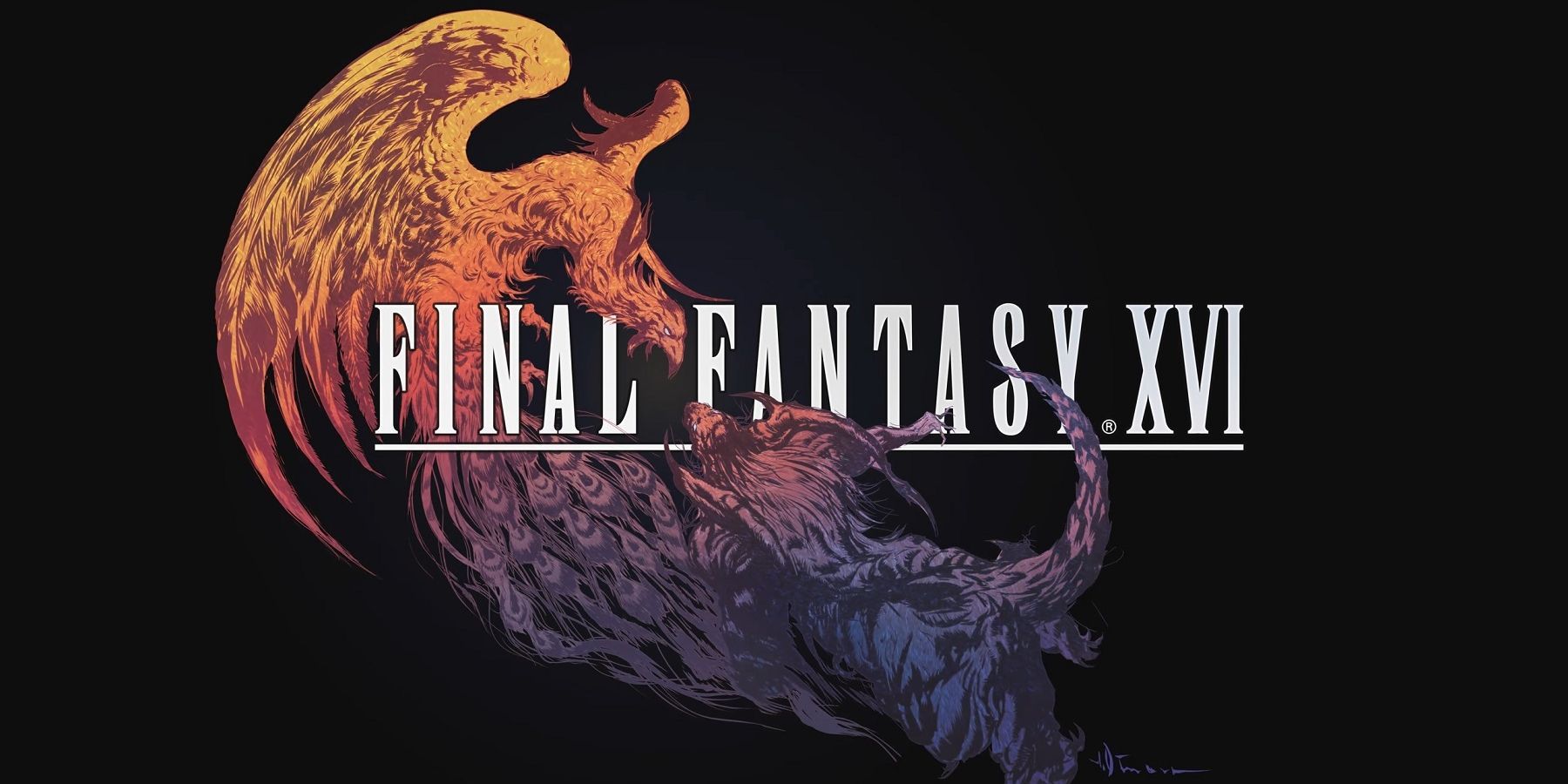In a recent interview with GQ, Final Fantasy 16 producer Naoki Yoshida discussed the inclusion of numbers in the titles of Final Fantasy games, suggesting that Square Enix should do away with numbered entries entirely after Final Fantasy 16's release. While these comments came as a bit of a shock to some, Yoshida's comments are not without merit. His main reasoning for the proposed change was to draw in new players and avoid the impression that it was necessary to play 15 other titles before enjoying Final Fantasy 16. Still, eliminating numbers from the titles of Final Fantasy games neglects the series' long-lasting legacy.
When series creator Hironobu Sakaguchi developed the title of Final Fantasy, it was in reference to the fact that it was his last attempt at making a game before leaving the industry. Since then, each main numbered entry in the series has carried the moniker as a means to establish that it is the last adventure for a group of heroes attempting to be the saviors of their world and stave off its destruction. And while Final Fantasy 16 has drawn a clear delineation from the series' past, removing numbers from the titles of Final Fantasy games moving forward ignores the original spirit and intention of the series while simultaneously discouraging players from experiencing some of the series' past highlights.
Final Fantasy's Numbers Help to Differentiate Each Entry
After the success of the original Final Fantasy, it became apparent that the title was a bit of a misnomer. As a way to pivot from needing to provide an abundance of exposition or spend time clearing up confusion in marketing, Hironobu Sakaguchi established that each game would be a clear departure from what came before, complete with new worlds, new characters, and a fresh spin on the RPG mechanics that each title employed. Final Fantasy 2 was a distinct departure from the original, and each subsequent title carried that same tradition moving forward.
The team behind Final Fantasy 16 have been clear regarding their intention to shake up what many have come to expect from a main series entry, with Yoshida hoping to move the title away from aspects of the series that he considered to be "fossilized" in the minds of players. However, by simple virtue of being a numbered series sequel, Final Fantasy 16 has already differentiated itself from other titles just as every other numbered sequel in the series has. Instead of dropping numbers from sequels moving forward, Final Fantasy 17 should continue the trend of using numbers in its title to indicate that it is a separate entity from what has come before while also honoring its precursors.
Numbered Final Fantasy Games Honor the Series' Legacy and Lasting Impact
Ever since the release of Final Fantasy 7 in the West, Square Enix have reset the series' numbering conventions to be universal across regions after some confusing cross-cultural differences during the SNES-era. As a result, most fans of Final Fantasy are familiar with the fact that, while it's not necessary to play each entry in the series to enjoy the next, each game offers its own captivating story and unique spin on the JRPG formula that Final Fantasy helped popularize. By removing numbers from Final Fantasy games moving forward, it's possible that new fans may miss out on the incredible experiences these older entries still provide.
In addition to differentiating each entry from the titles in the series that came before it, the numbers in Final Fantasy's titles help to inspire fan debate regarding which entries had the best stories or gameplay. Square Enix themselves have honored the series' past via the recent release of the Final Fantasy Pixel Remasters, and it's important for the history of such an important franchise to continue being honored and experienced by future generations. If the suggestion to remove numbers from Final Fantasy was born from a desire to modernize the series, it's important to note that bringing the franchise up to date and still honoring its past are not mutually exclusive.

